News & Media
A holistic approach on greening the economy
The Gauteng Provincial Government, in partnership with the Unisa Thabo Mbeki School of Public and International Affairs (TM School), hosted the Climate Change Summit 2023 at the Kgorong Building, Muckleneuk Campus, on 22 November 2023. It was themed Towards Decarbonisation of the Economy and Climate Resilient Society.
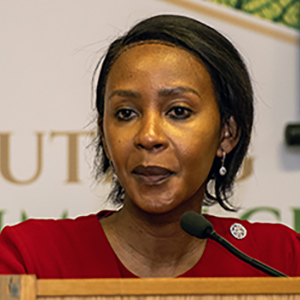
MEC Mbali Hlophe
In her opening address, Mbali Hlope, Member of the Executive Council (MEC) for Social Development, Agriculture, Rural Development and Environment, stated that climate change is an environmental, social and economic issue which disproportionately affects different countries depending on their various levels of development, with problems which include drought and extreme heat, among others, which, she said, threaten food security and a vast number of agricultural produces.
Hlope stated that further considerations must be made on the country's heavy reliance on fossil fuel while cautioning that the transition to green energy need not cost jobs. She explained: "We cannot ignore this aspect because we know that this industry continues to create many jobs, and many within the sector are worried about what the future holds for them towards the move to green energy - in a country whereby unemployment is rife."
She stated that the terminology of a just transition was coined by labour, looking at the inclusivity of everyone in all sectors geared towards greening the economy. She explained: "The 'justness' of it is how we make sure that we move everybody along with us, that we ready everybody towards the green economy. These are some of the key considerations that we need to look into."
Hlope remarked that Covid-19 had exposed that most equipment, such as surgical masks and vaccines, were bought externally from international companies. She said this is because the country does not have a strong enough manufacturing base. She continued: "We need to learn from this and ready ourselves to move towards the green economy."
She shared that the ministry has a 1 million trees campaign to ensure a green city. "Part of this initiative is from a report by Johannesburg Air Quality Index (AQI), which described the city as among the most polluted in the world," she stated:
Hlope argued: "Climate change should not just be an intellectual discussion. There needs to be concerted efforts in bringing in all the views and ideas from this conference to chart a way towards a just transition."
Gauteng climate action
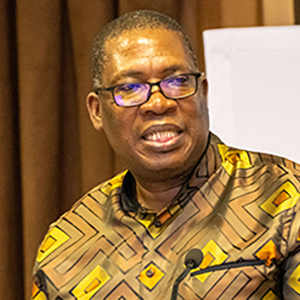
Gauteng Premier Panyaza Lesufi
In his keynote address, Panyaza Lesufi, Premier of Gauteng, said that the conference will change people's lives and incorporate climate change. He explained: "The stone age did not end because there were no more stones. It is because there were new ideas. We want to enter into a space of bringing and changing Gauteng with the changes imposed on us by many things beyond our control, and climate change is one such aspect."
Lesufi said Gauteng is the country's economic hub and was introduced to two economic activities: mining and agriculture. However, he said: "We want to reposition the economic setup of the province's regions: Tshwane, Ekurhuleni, Johannesburg, West Rand and Sedibeng towards digitalisation." These regions, he said, must have an economic edge that incorporates climate change, technology, and creativity.
"The days of a duster, chalkboard and chalk must be over. Changing the future must start in the classroom. Our children must be future-oriented and learn about climate change early in grade one," he asserted.
Lesufi also argued that the cars driven today must be obsolete by 2030 to decarbonise the province. "Therefore," he continued, "we must usher in electric cars and charging stations, with a view of relooking Tshwane's infrastructure to accommodate such changes, from traffic lights to road markings."
"Net-zero commitments in decarbonising the environment is a reality that must be considered as part of the province's plan. Additionally, Tshwane must be the home of research and development that considers climate change holistically," he said.
The Premier also stated that the end of load shedding must be imminent, adding that more innovative ideas are needed to see an end to it.
Unlocking opportunities in low carbon development
Prof Sibusiso Vil-Nkomo, Executive Dean of the TM School, said that climate change concerns are fundamental. Through the collaboration with the Gauteng government, he hoped this engagement would pave the way for publications in journals and discussion papers. He said: "There will be a continuation in finding solutions to the climate change problem."
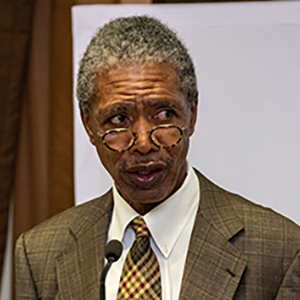
Prof Sibusiso Vil-Nkomo |
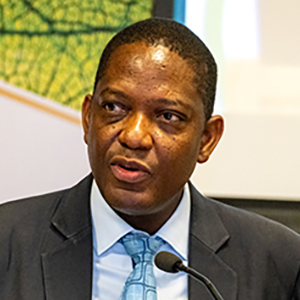
Maesela Kekana |
Maesela Kekana, Deputy Director of General Climate Change and Air Quality from the Department of Forestry, Fisheries and the Environment, spoke on national perspectives on climate change. He argued that these engagements are essential in shaping the future of investment in the Gauteng province in a carbon-constrained world. "As we recently witnessed, the country continues to be battered by climate-driven disasters like the recent floods in Cape Town," he said.
He added that more efforts are needed to avert more inevitable impacts due to unprecedented climate conditions. "Gauteng has the opportunity to pioneer low-carbon developments to unlock business opportunities in this field," he said. "Recently, the cabinet adopted the implementation plan for the just energy transition partnership to help provide the necessary details to guide the responsibilities and timing of the transition, which will be subsequently integrated into the government's planning and budgetary system," said Kekana.
* By Godfrey Madibane, Acting Journalist, Department of Institutional Advancement
** Photography by Vellie Sibuyi, Acting Deputy Director, Multimedia Center
Publish date: 2023-11-24 00:00:00.0


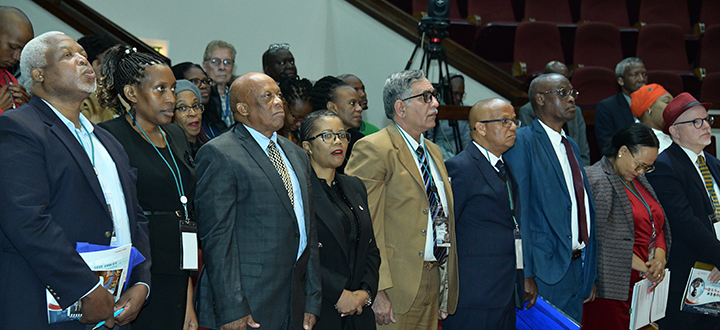 Groundbreaking Unisa conference examines how to connect minds and bridge gaps
Groundbreaking Unisa conference examines how to connect minds and bridge gaps
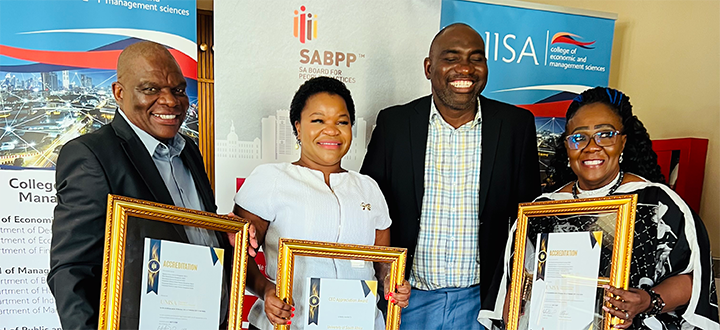 Unisan honoured with ultimate HR accolade
Unisan honoured with ultimate HR accolade
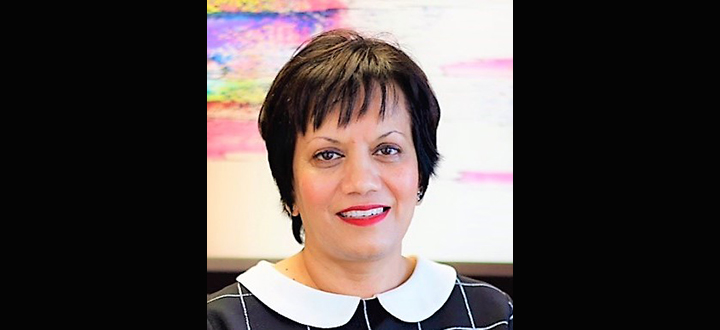 AI specialist to kick off Unisa’s Research and Innovation Week
AI specialist to kick off Unisa’s Research and Innovation Week
 How Medical Ethics and Health in Islam became a master’s journey for Rabia Mahomed
How Medical Ethics and Health in Islam became a master’s journey for Rabia Mahomed
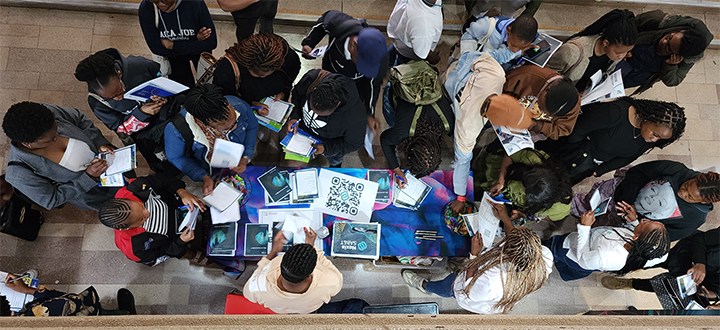 Employment boost for Unisa’s accounting students
Employment boost for Unisa’s accounting students